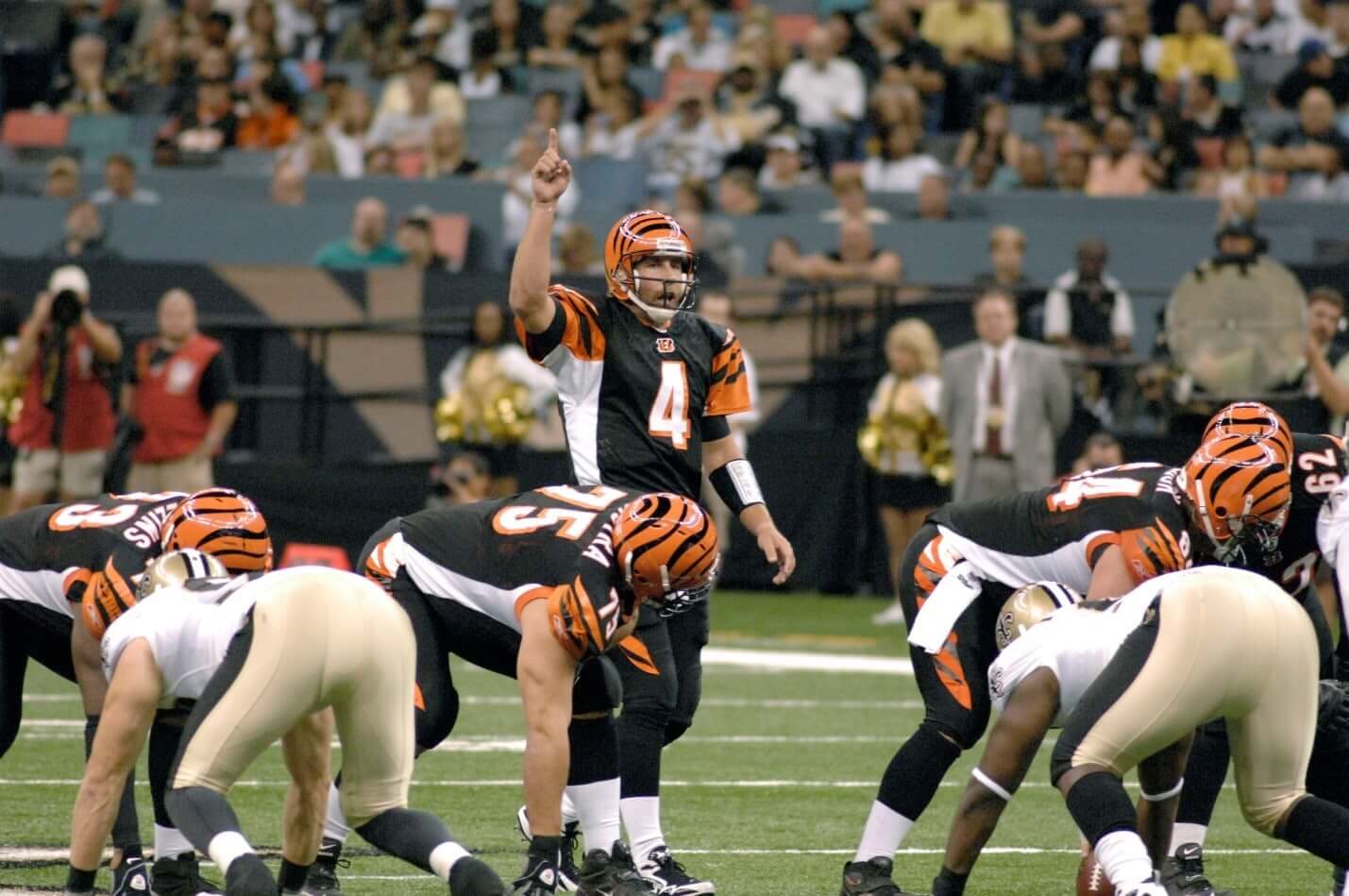NFL Reviews Domestic Violence Policy in Light of the Ray Rice Case

Although it took place several months ago and footage was sent to NFL security chief in April, 2014, the video of Baltimore Ravens’ Ray Rice knocking his then-fiancée unconscious and dragging her body out of a casino elevator was released to the public only last month. Initially, Commissioner Roger Goodell gave Rice a two-game suspension, but following loud protests and wide criticism, the Baltimore Ravens released him, and Goodell suspended him indefinitely.
The league’s history of punishing players for conduct violation could be called inconsistent, at best. Sometimes, players would receive a paltry one- or two-game suspension for charges of misdemeanor assault or felony assault. Other times, recreational drug use would be more of a crime to the league than domestic violence, and those caught smoking pot would be given draconian punishment. Often, charges would be reduced, and the severity of the NFL punishment lowered, or dropped altogether, and the suspensions lifted.
Among those who got off easy are Joe Mays, whose brutal hit on Houston Texans’ Matt Schaub took off a piece of his ear, and Larry Johnson, who violated the NFL conduct policy four times in five years (between 2003 and 2008) and continued his criminal activity outside of his NFL career. Pointing a gun at a stripper warranted, in the case of Carolina Panthers’ Jeremy Bridges, only a two-game suspension, while charges ranging from battery and sexual assault to multiple DUI offenses got players suspended for a maximum of four games. Suspensions greater than one year were in large part given to players who violated NFL’s substance abuse policy.
Aside from appalling an entire country, there is a bright side to the Ray Rice scandal. First of all, it opened a national conversation on domestic violence and its many direct and indirect implications for both victims and aggressors. But most importantly, it forced the NFL to review its handling of sexual assault and domestic criminal cases, leading to a significant change in its personal conduct policy. Below are the most notable changes.
Key Changes to NFL Personal Conduct Policy

All NFL personnel will undergo training on domestic violence and sexual assault. HR reps and other appropriate team personnel in the league will undergo comprehensive training to learn how to recognize and promptly address the signs and risk factors associated with domestic violence and sexual assault.
Those at risk will be asked to undergo counseling. Those who consider themselves at risk – whether as a victim or potential aggressor – will receive confidential counseling from trained personnel. Refusal could affect future penalties for those who will be found guilty of subsequent acts of domestic violence and sexual assault.
All NFL members and their families will receive confidential counseling. Spouses and partners of NFL members will have access to confidential assistance through the league, the NFL Total Wellness Program, and local resources.
The league will mandate educational programs on domestic violence and assault for all league and team personnel. To raise awareness and prevent domestic violence and sexual assault both inside the league and in society in general, NFL will implement broad educational programs that all players, executives, coaches, and staff will be required to participate in.
First-offenders will be given a six-game suspension and second-offenders lifetime ban. First offenses will be subject to a six-game suspension (but can be extended under certain conditions), while subsequent offenses will bring about a lifetime ban (although players will have the possibility of reinstatement after one year). The policy will not be applied retroactively.
Policy will apply to all incidents where physical force is involved.
All violence acts involving the use of physical force, including assault, domestic violence, battery, and sexual assault will be subject to disciplinary measures. Incidents involving weapons or violence committed against women and children will receive more severe penalties.
All these measures will probably not solve the league’s long-time problem with domestic violence and sexual assault, but it’s at least an indication that NFL has finally started to take these matters seriously. The reviewed policy will also bridge the ridiculous gap between the how a player is punished more severely for using drugs than for knocking a female unconscious and hopefully rehabilitate the league’s bad image.
About the Author
Andrew Weisberg is a former felony prosecutor who now serves as a defense attorney in Skokie, Illinois. He has extensive experience in handling all types of criminal cases, from sex offenses and domestic violence to theft-related crimes and drug crimes.






 Blog Home
Blog Home 









